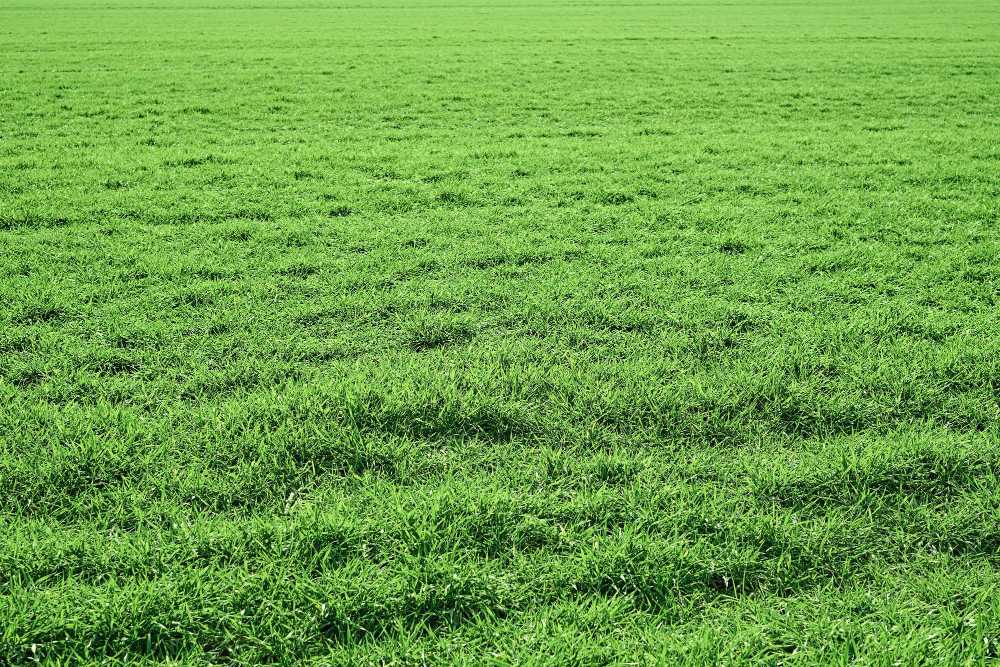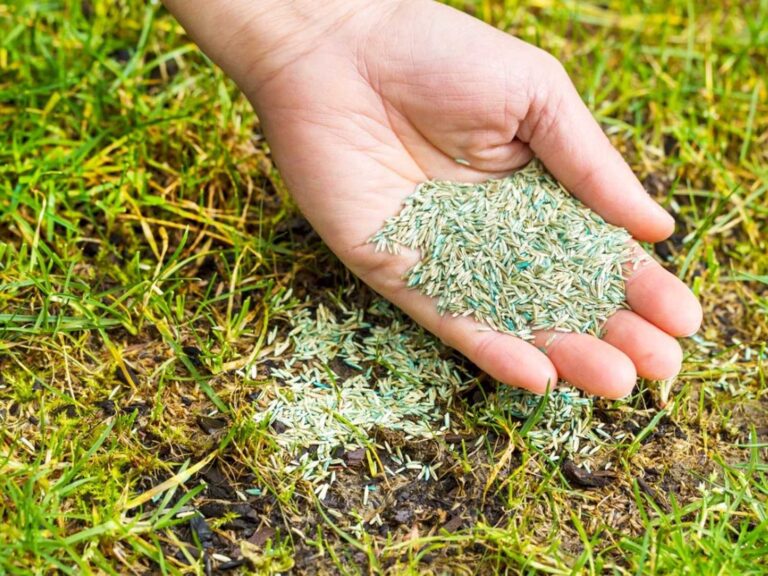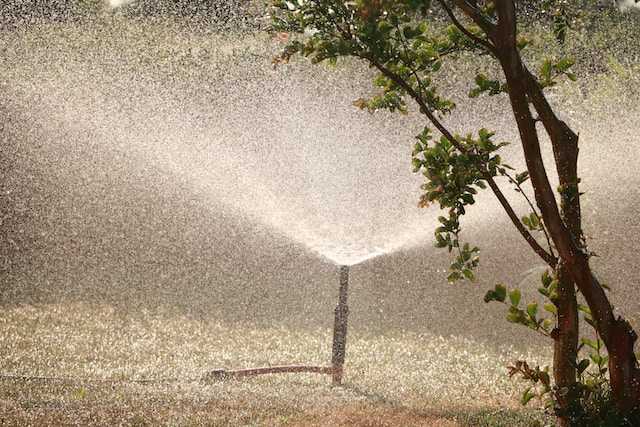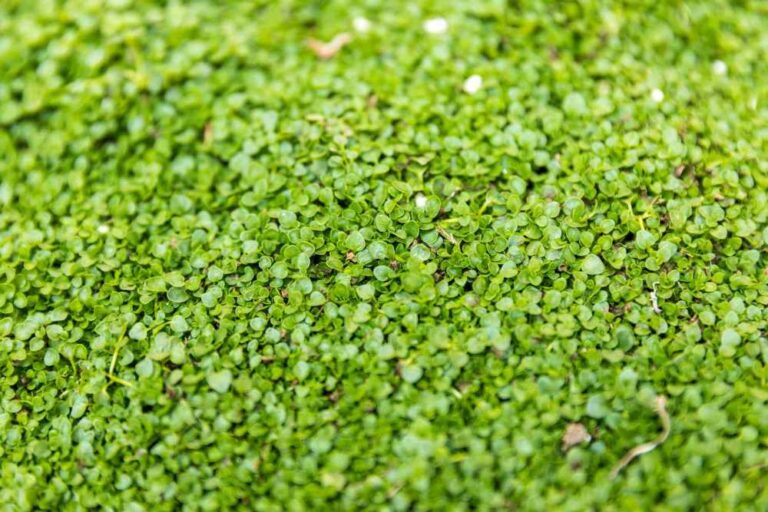What Causes Small Holes in Lawn Overnight?
Waking up to fresh small holes in your lawn is strange and surprising for homeowners. However, small holes in lawns that appear overnight are caused by various pests, insects, and animal species. Children and pets can also cause these holes. Generally, insects and pests dig up tiny holes. On the other hand, small rodents, especially chipmunks, raccoons, voles, and armadillos, cause larger holes.
While some holes in your lawn are negligible, they can severely damage your lawn. Below are a few causes of small holes in lawn overnight and how to prevent and get rid of these holes.
Possible Causes of Small Holes in Lawn Overnight
As mentioned, there are several causes of small holes in your lawn overnight. However, before listing down these causes, you should know the primary cause of holes in your lawn. You can do so easily by noting specific identifying characteristics. Having a quick point of reference to use in narrowing down the most likely culprit behind small holes in your lawn is very helpful.
That said, you should note the hole size, shape, and specific time of the year that these holes arise to pinpoint the cause of lawn damage. For instance, moles cause 2-inch-sized holes that are circular. Holes dug by moles are also often surrounded by dirt mounds. Holes caused by raccoons, voles, chipmunks, squirrels, groundhogs, and other rodents have differentiating features.
Similarly, you should note the peak activity and damage period occurring on your lawn. For instance, you should suspect small holes in your lawn if they appear during spring, summer, and fall. Small holes in your lawn during summer are a sign of Japanese beetles’ infestation, earthworms during spring and summer, and raccoons attack during spring and fall.
That said, below are the most common culprits behind small holes in lawns overnight and possible remedies:
1. Moles
Moles are the most common culprits of small holes in the lawn in most areas across the U.S. You can easily identify these highly destructive burrowing pests from the dirt mounds they leave behind as they tunnel into your lawn. While moles may be small, they can cause significant damage to your lawn or garden if left uncontrolled.
You should suspect moles in your lawn if you notice the following signs:
- 2-inch circular holes
- Visible raised tunnels
- Drying and wilting garden plants due to chewed bulbs or roots
- Conical mounds of loose soil
Moles tunnel through your garden in search of grubs, earthworms, and other animals that make up their diet. If mole presence is confirmed in your garden, use traps and mole repellants to get rid of them. You should also eliminate food sources and install barriers like hardware cloth or wire mesh to block moles from reentering your lawn.
2. Gophers
Gophers are common burrowing rodents that can easily be confused with moles. Like moles, they cause extensive damage to your lawn if left unchecked. They also leave behind dirt mounds and holes as they excavate underground tunnels. However, you can differentiate gophers from moles by their fan-shaped dirt mounds.
They are also active all year round, with peak activity during spring and fall. You should act immediately to limit further destruction if gophers are the reason behind small holes in your lawn. You can prevent further damage by:
- Trapping – is an effective way of eliminating gophers from your lawn. Use specially designed traps like Macabee or Gopher Hawk to limit gopher issues.
- Baiting – you can also use toxic baits to control gophers. Effective baits contain zinc phosphide or strychnine that poison gophers when ingested. Like traps, you should reapply baits until gopher activity stops.
- Modify habitat – modifying your landscape to make it less favorable to gophers is also an effective control strategy. Trimming overgrown vegetation, decluttering, installing underground fences, and ensuring your garden beds and lawns are free from weeds control gopher intrusion.
- Fumigants – inserting specially designed fumigant cartridges into gopher tunnels also eliminates their colonies. Fumigants are very effective during spring when their tunnels are still small. However, fumigants are dangerous and should only be applied by certified pest control experts.
Gophers can wreak havoc in your garden if left uncontrolled. However, staying vigilant and using proven removal options prevents and reduces gopher infestation.
3. Ground Squirrels
Ground squirrels are another common cause of small holes in the lawn overnight. Like other rodents, squirrels extensively burrow, causing plant damage, uneven turf, and soil erosion. Unlike moles and gophers, ground squirrels leave 4- to 5-inch-wide holes and deep burrows that extend under fences, walkways, and backyard structures.
Squirrels dig deep burrows for sleeping, breeding, and hiding from predators. They also actively defend their territory and live in colonies with clustered holes. Ground squirrel activity is at its peak during early spring and late summer. You should act quickly to prevent further damage from these rodents. You can protect your lawn from ground squirrels through:
- Fencing – a properly installed exclusion fence blocks burrow access, deterring ground squirrels from entering your garden. Your fence should be at least 2 feet high.
- Remove food sources – most rodent activity in your lawn is caused and supported by the presence of food sources. Therefore, removing bird feeders, sealing compost bins, and clearing falling fruits starves ground squirrels and makes your lawn less appealing.
- Use repellants – scent repellants are very effective against ground squirrels. Sprays with essential oils, castor oil, and predator urine to turn off squirrels.
Eliminating ground squirrels from your lawn requires due diligence. You should take proactive measures to prevent the invasion and destructive habits of ground squirrels.
4. Voles
Small, neat, golf ball-sized holes in your lawn are a primary sign of voles infestation. They like burrowing around tree bases and edges of the lawn. Lawn voles feed on plant roots, grass, and bulbs, making them destructive. They prefer unmaintained gardens and lawns with overgrown grass.
That said, the best way to get rid of voles from your lawn is to ensure that your lawn is properly maintained. You should remove debris and clutter that make your lawn attractive to voles and other rodents. Poison baits, traps, and repellants are also effective.
5. Earthworms
Not all small holes in your lawn overnight are a sign of impending problems. For instance, small holes caused by earthworms are beneficial. You should suspect earthworm activity if your lawn is full of miniature holes surrounded by small pellets of soil. Though unsightly, earthworms don’t pose much harm to your lawn and can be ignored.
The pencil-sized holes made by earthworms increase during damp conditions, especially during spring and summer. As mentioned, earthworms have no associated plant damage, and you shouldn’t eliminate them from your lawn. They burrow through the soil, looking for organic matter to ingest. They simultaneously enrich and aerate the ground.
The soil-improving benefits of earthworm activity in your lawn include:
- They promote aeration – earthworm’s tunneling activity naturally aerates the soil. This allows deep infiltration of air and water. Their burrowing activity also brings nutrients closer to the surface, making it accessible for plants.
- Improve drainage – earthworm activity also prevents waterlogging. They create tunnels that promote drainage, reducing soil erosion and surface runoff.
- Mix soil nutrients – earthworms naturally redistribute nitrogen and minerals as they ingest and digest organic matter in the soil.
- Introduce beneficial bacteria to the soil – earthworm castings are full of enzymes, bacteria, and fungi that promote the decomposition of organic matter.
You should resist the urge to remove earthworms from your lawn. While the small holes on your lawn surface affect lawn appeal, they are more beneficial. You should avoid pesticides and chemical fertilizers to protect earthworms in your lawn.
What to Do if Small Holes in Lawn Overnight Persist
Most of the above-mentioned preventive measures are effective in ensuring your lawn is free from small holes. However, they may persist due to various factors. If small holes in your lawn overnight persist, consider the following options:
1. Seek professional help
Seeking professional interventions should be your second course of action for persisting small holes in the lawn. Professional gardening companies help with the identification and eradication of garden issues. This might involve using pesticides and other pest control methods.
Professional landscapers also help in identifying other underlying problems or recommend alternate landscaping options that prevent appearance of small holes overnight.
2. Adapt alternative landscaping ideas
Some landscaping options significantly reduce the likelihood of small holes appearing in your lawn overnight. For instance, you should consider:
- Clearing your lawn to remove clutter that attracts pests
- Planting pest-resistant grass types
- Using natural pest repellants like hot sauce and essential oils
- Install barriers or fences on your lawn to restrict access
- Use raised beds or containers for gardening
The Bottom Line
Small holes in lawns overnight have several causes, insects, earthworms, and rodents being the main causes. However, not all pests are destructive. Some, like earthworms, are beneficial to your lawn. You should identify the primary cause of these holes to implement effective control measures.






